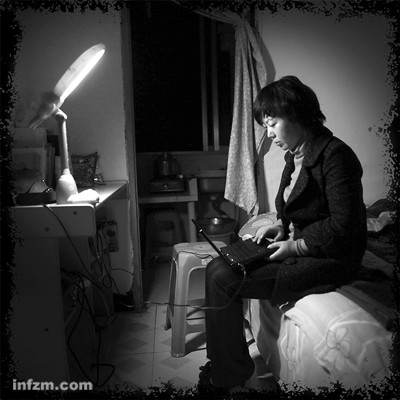Strong women in post-quake Sichuan
Jing Xuelian lost her son in the disaster. Her husband Feng Xiang, former vice director of the Beichuan Publicity Department, broke down and committed suicide almost a year later. Since then, she has kept to herself, rarely seeing friends or going out in public.
While Feng's death attracted considerable public attention, his wife has waged a quiet struggle, forgotten in a corner on the verge of a nervous breakdown.
Nowadays, Jing rents a 10-square-meter room on the second floor of a house. With a bed and desk, there is little space left in the room.
"I think I've got over it," Jing said, with a tired look in her bright eyes.
According to statistics from the Beichuan County government, 466 government officials died or went missing in the earthquake, 23 percent of all country officials at the time of the disaster.
Worse, only 10 percent of families emerged from the disaster whole. For three years, those broken families have been struggling to overcome the death of their family members.
"He took things too seriously, and he was too sensitive," Jing said, speaking of her husband. "In others' eyes, he was very strong, but only I know how weak his heart was."
"During that period, the publicity department seemed to be all powerful," Jing added. "He took on too much pressure at work. As the newly-promoted vice director, Feng Xiang had to bring people to visit quake-devastated Beichuan County every day and talk about the horrors here over and over. Our son was buried in the debris. He relived the disaster every time he went back. He couldn't bear that."
Jing said she once turned to Buddha for help, but in the end found her family was all she could depend on. Her parents and older sister took care of her as best they could. "Without them, I don't know where I would be," she said. But such meticulous care also became an obstacle. She was so content with her family that she didn't dare attempt a change.
But how to take the first step forward?
 0
0 







